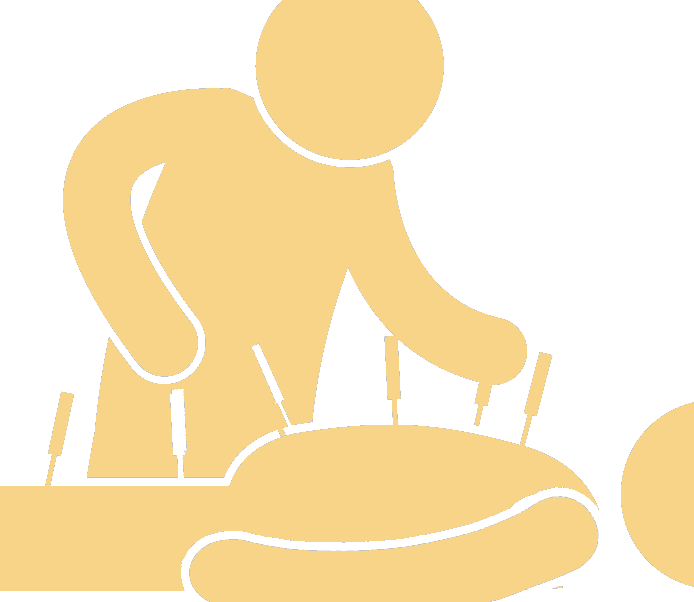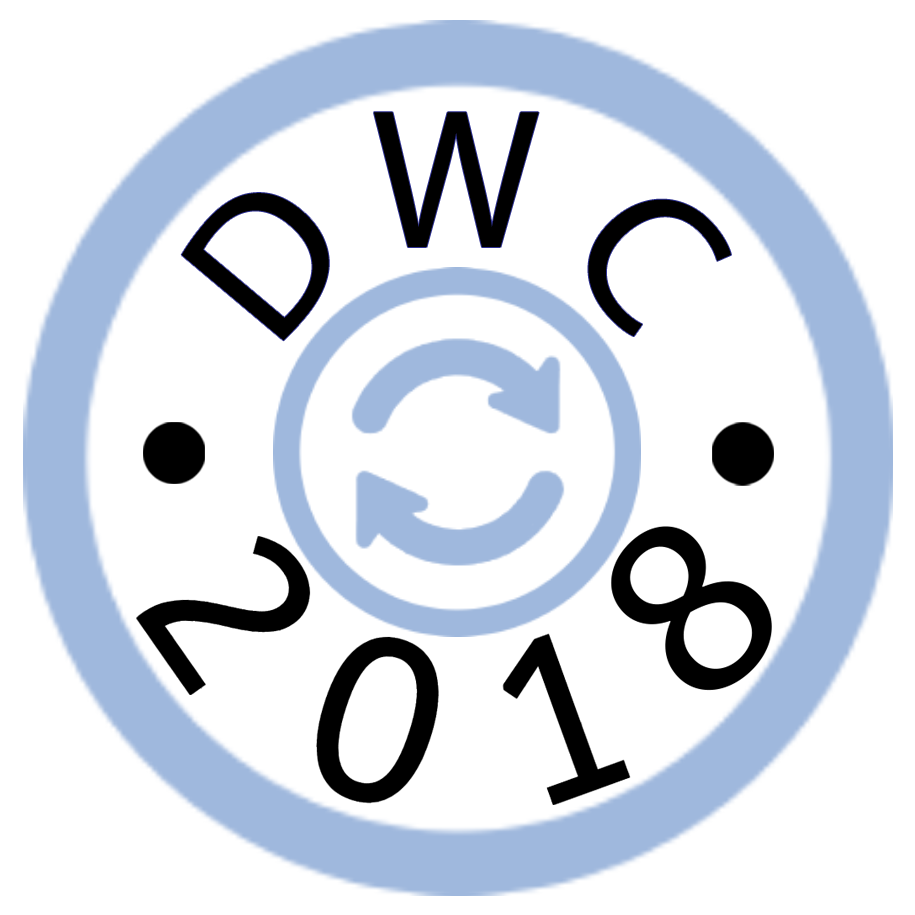CA DWC Revises OMFS Update, Resolves MUE/Acupuncture Confusion

A recently adopted Medicare Medically Unlikely Edit (MUE) assigned a value of “0” to many common workers’ comp billing codes, including those for acupuncture services. Providers were understandably shocked, and wondered whether the incorporation of this MUE into the Official Medical Fee Schedule (OMFS) meant an end to reimbursement for the services in question.
Now, the Division of Workers’ Compensation (DWC) has resolved the matter, revising the most recent OMFS update to exclude all codes with an MUE assigned value of “0” from the workers’ comp MUE file.
OMFS Backlash
As part of the July 1st, 2018 update to the Physician and Non-Physician Practitioner section of the OMFS, the DWC adopted the Center for Medicare and Medicaid Service (CMS) quarterly update to the National Correct Coding Initiative (NCCI) MUE file, for services rendered on or after July 1, 2018.
The MUE file sets forth the maximum number of units related to a specific procedure that is medically likely to be reported by a treating physician.
The update applied an MUE value of “0” (zero) to over a thousand billing codes. But closer evaluation of the file revealed that many codes — including those for acupuncture — were listed with a zero value due to Medicare coverage rules that do not apply to workers’ compensation. Acupuncture services (CPT codes 97810, 97811, 97813, 97814) are not covered under Medicare but can be a medically necessary service for an injured worker.
As we explained in our previous post, state workers’ comp ground rules take precedence over such edits. After a flood of inquiries from providers (and provider advocates like DaisyBill), the DWC released a Newsline on July 18, stating unequivocally that:
It is important for the public to know that acupuncture continues to fall within the definition of “medical treatment” as defined in Labor Code section 4600 and is available to the injured worker when it is medically necessary to cure or relieve the effects of the injury.
Shortly thereafter, the DWC took concrete action to resolve the matter.
Revised OMFS Update Order
This week, the DWC ordered a revision to the July 1 update, excluding all billing codes to which the MUE applied a value of 0 from the state MUE file. The DWC also issued another Newsline declaring (emphasis ours):
In order to avoid possible confusion and inappropriate denials of bills for medically necessary care, DWC has determined that the codes listed in the MUE with a value of zero should not be included in the MUE file adopted for workers’ compensation.
The excluded codes include those for acupuncture services, as well as those for other services that are payable in workers’ comp, like hearing aid examinations.
The DWC warns providers that some of the excluded codes refer to services that remain non-payable in workers’ comp, such as codes listed with Status Code B in the Relative Value Unit (RVU) file. Other services the OMFS specifically deems non-payable remain so, regardless of the revised update.
The MUE in question included a total of 1,121 billing codes. Since the revision of the update order, the MUE value should not affect the reimbursement of those codes. However, providers can look to the status code indicator of each code for payment rules in the event of any confusion or disputes.
Status code indicators affect payment for the codes previously included in the MUE file as follows:
Status Code Indicator |
Payment Rules |
Number of Codes Assigned Medicare MUE Value of 0 |
A |
Active Code, paid separately under the Physician Fee Schedule as determined by Medicare Relative Value Units (RVU) |
1 |
B |
Bundled code; payment is included in payment for other services |
67 |
C |
When payable, payment determined by Medicare RVU, or “By Report” in the absence of RVUs |
1 |
E |
When payable, payment determined for codes beginning with “J” or “P” according to California Code of Regulations (CCR) Section 9789.13.2.
Codes not beginning with “J” or “P” are paid under the applicable fee schedule contained in Section 9789.30-9789.70. If no fee schedule is applicable, payment is “By Report.” |
147 |
I |
Not applicable to workers’ comp |
113 |
N |
When payable, payment determined by Medicare RVUs. In the absence of RVUs, payment is “By Report.” |
271 |
P |
Bundled/Excluded code; not separately payable |
136 |
R |
When payable, payment determined by CCR §9789.12.3 |
1 |
X |
When payable, payment determined by CCR Sections 9789.30 - 9789.70, or “By Report” in the absence of an applicable schedule. |
384 |
As for the original matter at hand, acupuncture, the confusion is over. Providers can expect full reimbursement for acupuncture services, and should immediately request a second review appeal in the event the claims administrator denies payment.
Ready for easy, accurate reimbursement calculations? Look no further than our OMFS Calculator, included with the Work Comp Wizard. Try the Wizard free today.
TRY THE WIZARD
DaisyBill provides content as an insightful service to its readers and clients. It does not offer legal advice and cannot guarantee the accuracy or suitability of its content for a particular purpose.



